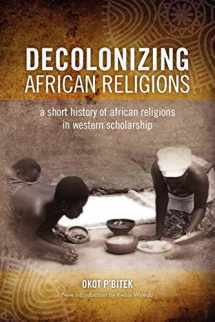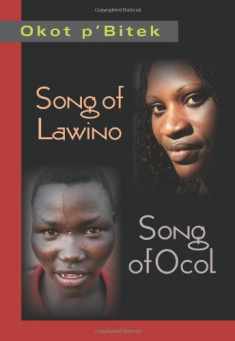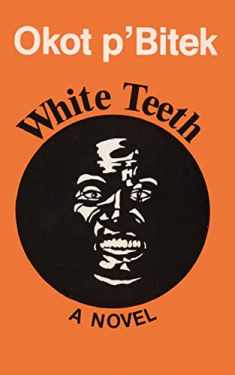
Decolonizing African Religion: A Short History of African Religions in Western Scholarship
Book details
Summary
Description
For centuries Western scholarship, and the African scholars seduced by this body of knowledge, have not been interested in African "religions" per se, but what was worse, African scholars began not to study indigenous African spirituality on its own terms but through European eyes and intellectual categories. Okot p'Bitek, who is best known for Song of Lawino, was one of the first African scholars to call attention to this situation and argue African scholars need not "Hellenize" African spiritual practices and ideas and that what we have come to think as "African religions" are European versions in African disguise. This publication, along with a new introduction by Ghanaian philosopher Kwasi Wiredu, reintroduces a classic work to a new generation, especially for those with an interest in African spiritual cultures and in need of "decolonizing" them so that they be studied, appreciated, and engaged on their own cultural and historic terms.


We would LOVE it if you could help us and other readers by reviewing the book
Book review





